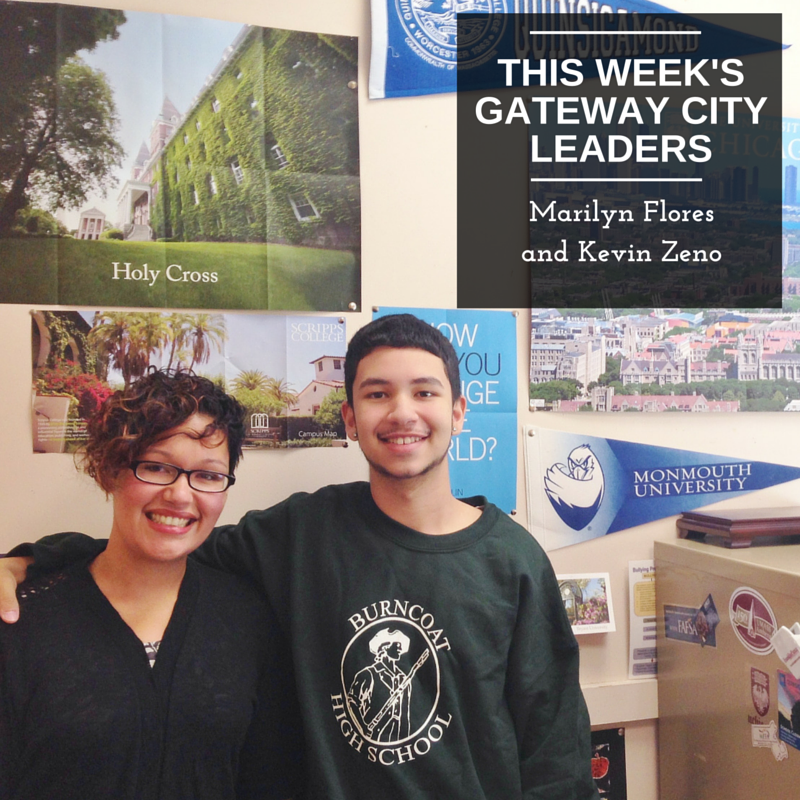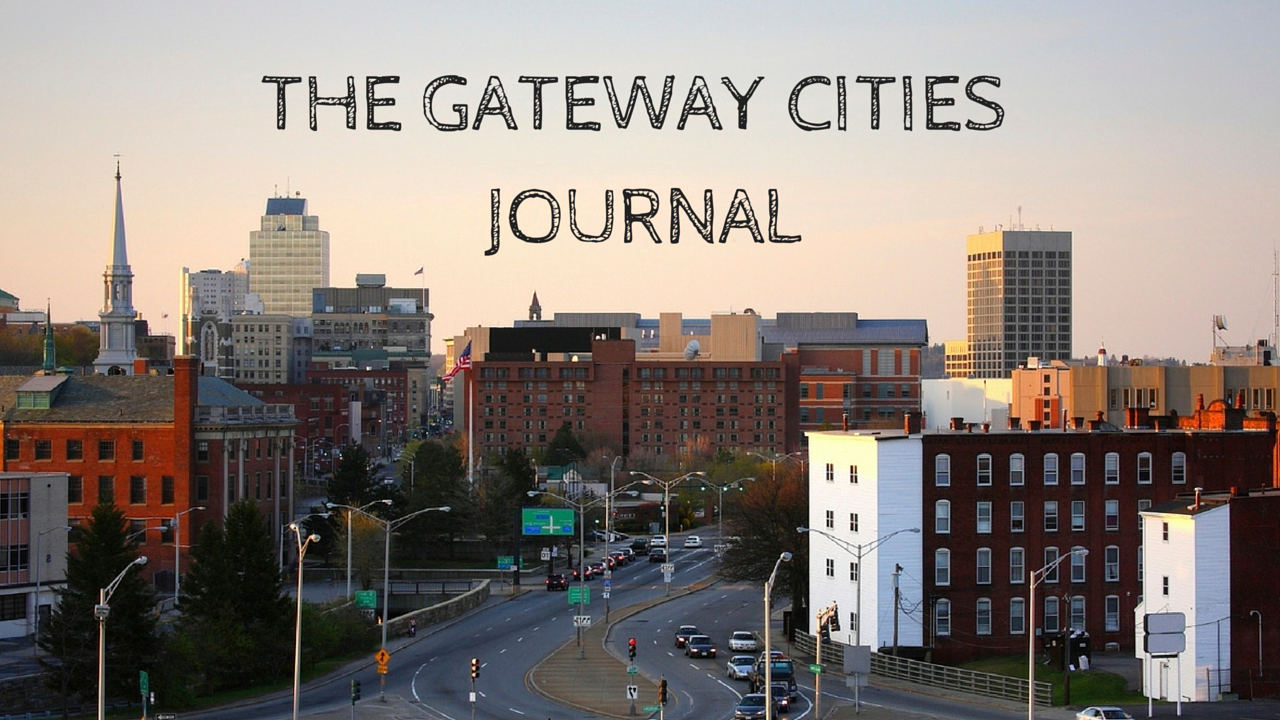After several months reviewing the Baker administration’s ambitious $918 million economic development proposal, the House and Senate Joint Committee on Economic Development and Emerging Technologies has come to agreement on a pared-down version of the bill.
The proposed legislation cuts back on the overall spending in Governor Baker’s plan by roughly $320 million and shortens the scope to a three-year timetable (the administration had suggested the request would cover economic development investments over a five- to seven-year horizon). The committee’s version incorporates the items in the Governor’s draft aimed at increasing economic development opportunities in Gateway Cities. These include a $300 million reauthorization of the MassWorks program, $45 million for Brownfields grants, $30 million for MassDevelopment’s Transformative Development Initiative (TDI), and technical changes to the underutilized HDIP program that Gateway City leaders have long sought.
One could read the legislature’s reductions as an actual spending increase. For instance, $30 million for TDI is $10 million per year, versus $7 million per year if seven years were to pass before recapitalizing the fund. But as these are bond authorizations, there is always a high degree of uncertainty around how much Gateway Cities will receive until the dollars are actually allocated to the fund. Governor Baker’s FY 2017 capital plan includes $90 million for MassWorks grants, $2.5 million for Brownfields redevelopment, and $2 million for TDI.
As outlined in our recent report on transformative development, Massachusetts has made many meaningful investments to improving the economic conditions in Gateway Cities, but a much more strategic approach will be needed in order to actually strengthen weak markets with limited public funds. TDI represents this strategic approach, but it remains a relatively young undertaking. To blossom into a game-changing play, TDI will require sustained support from Gateway City leaders.
Ensuring that all the Gateway Cities that can benefit from TDI have access to the program’s full complement of resources is critical to generating broader buy-in for the approach. Toward this end, it is critical that the conferees agree to provide TDI with the $1 million in operating funds included in the House budget bill. With the budget pressures facing the Commonwealth, legislators face many difficult choices. However, if we don’t make smart investments that grow our regional economics, the Commonwealth’s budgetary pains will only grow deeper.
– Winthrop Roosevelt
Housing & Economic Development
The Joint Committee on Economic Development releases a scaled down version of Governor Baker’s economic development bill.
The Worcester City Council unanimously approves an urban revitalization plan to encourage the redevelopment of properties identified as underused and in need of investment. A Telegram & Gazette editorial says Worcester is experiencing a lot of promising development, and it’s coming from many different players.
The Eagle-Tribune reports on new investment in downtown Haverhill noting the contribution of the TDI program.
MassDevelopment sends an update on the accomplishments of the TDI program.
New study from Smart Growth America shows demand continues to rise for walkable urban places.
ULI issues a report on creative finance for smaller communities.
Next City looks at the success of the state’s Community Investment Tax Credit.
Education
MassINC launches the Next Generation Accountability Learning Community, an effort to bring leaders together to examine the implementation of the Every Child Succeeds Act from the perspective of small-to-midsize urban school districts.
The Fall River School Committee has pared the field to three finalists for the school superintendent’s position: Former education secretary and one-time Brockton superintendent Matthew Malone; Framingham Superintendent Stacy Scott; and Charles Grandson, a former deputy superintendent in Poughkeepsie, New York.
New Bedford High School receives NAF accreditation for three new academies – finance, information technology and health sciences. This brings their total to five academies, four of which are NAF certified.  Only four high schools statewide have accredited academies.
Only four high schools statewide have accredited academies.
HarborOne bank commits to give $1 million in scholarships over the next 10 years, distributing the first $100,000 among 20 college-bound graduates from Brockton schools.
Taunton High School students get an inside look into local bureaucracy on Good Government Day.
Creative Placemaking
Two art teachers plan to convert the former Boys & Girls Club building into Creative Hub Worcester, a multipurpose community center with private and collaborative studio space as well as a gallery.
Salem, which is investing in better WiFi for its schools, is adding to the network to offer free WiFi throughout the downtown area.
The roughly $16 million Twin Cities Rail Trail project that would connect Fitchburg and Leominster is a step closer to realization, and will be funded mostly through a combination of state and federal funding.
Governance
A proposed expansion to New Bedford’s city inclusion laws would protect against discrimination on the basis of disability, age, ancestry, and gender identity – the first expansion since 1995.
Fall River Mayor Jasiel Correia signs a 10-year agreement to privatize the city’s trash pickup that will save taxpayers about $8.7 million over the life of the contract but result in the layoffs of about two dozen municipal workers.
Another water main bursts in Brockton. It will be a patchwork effort to replace the 33-miles of infrastructure after decades of neglect.
Lawrence Mayor Dan Rivera sees his budget proposal fall one vote short of passage.
Bruce Katz blogs on democratizing urban growth. Aaron Renn blogs about how DIY urbanism led to the regeneration of Newcastle.
Communities & People
Lowell host its Seventh Annual African Health Cup this Saturday to get the community educated about their health and watch soccer teams representing 11 different African countries compete.
